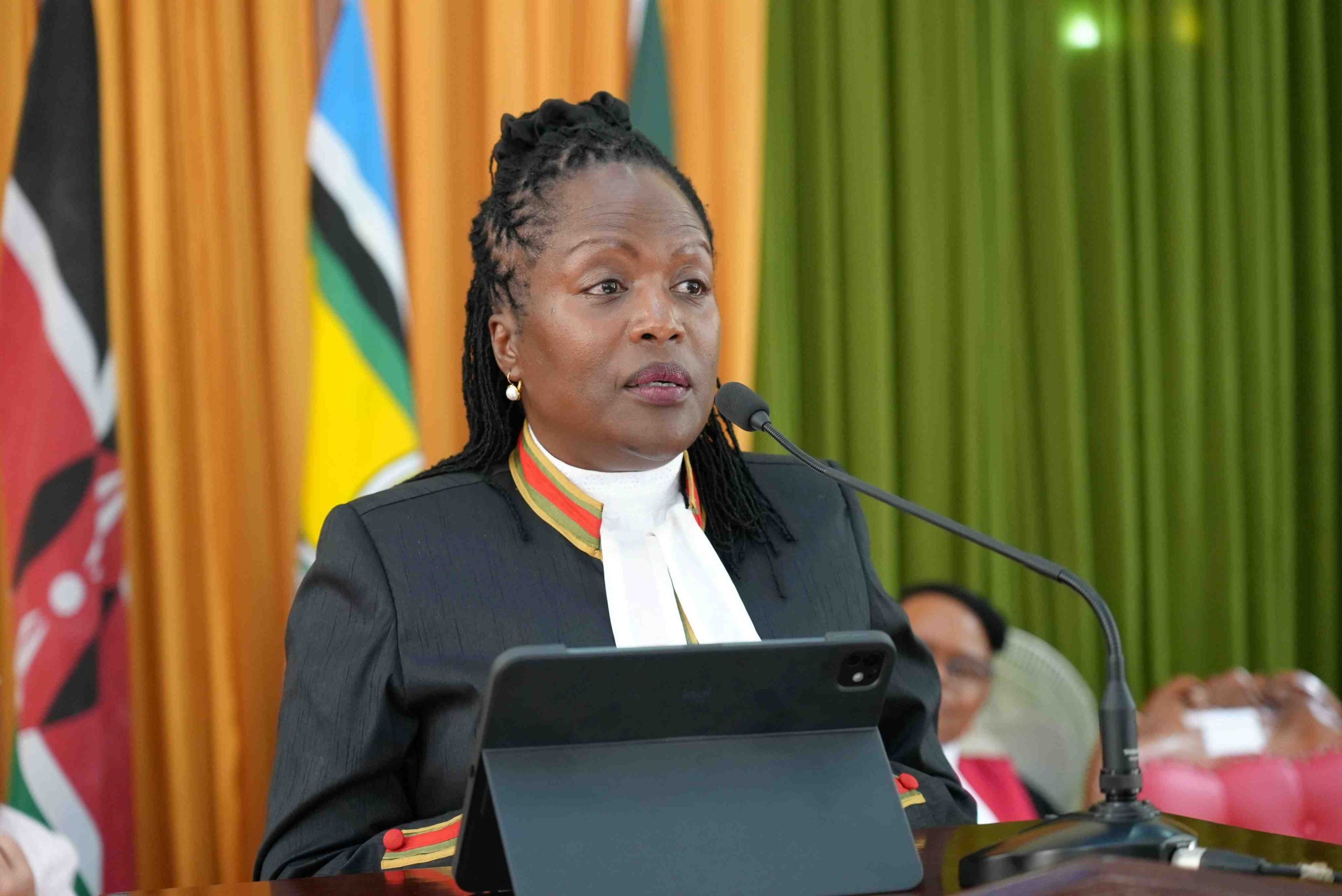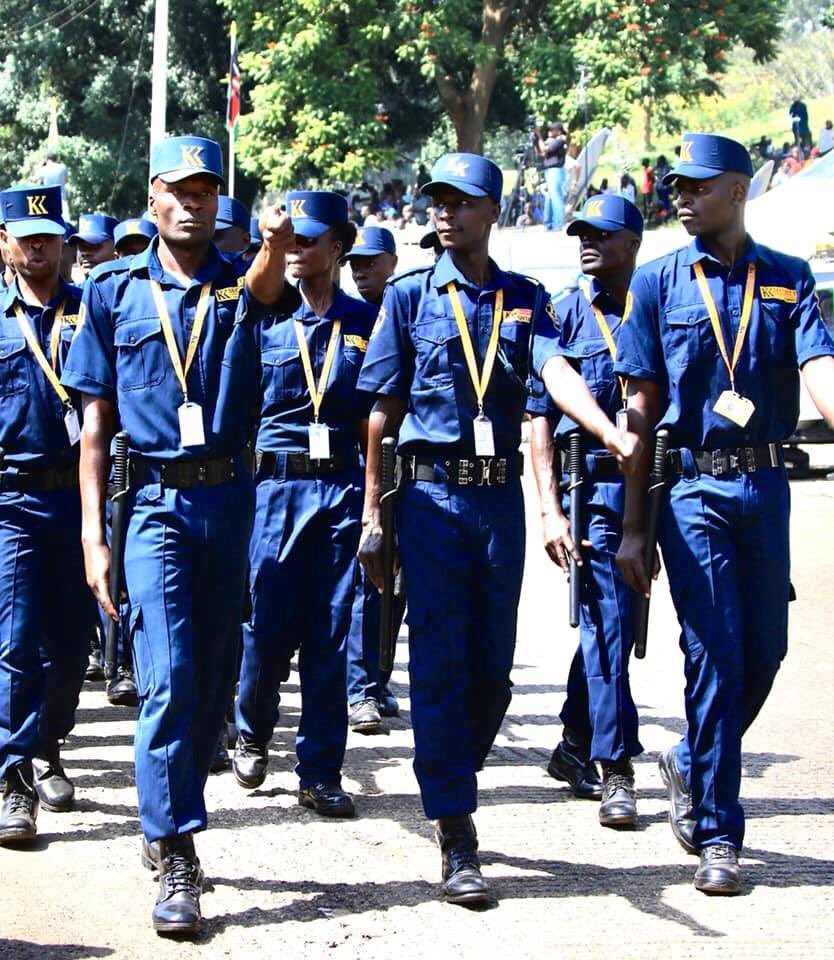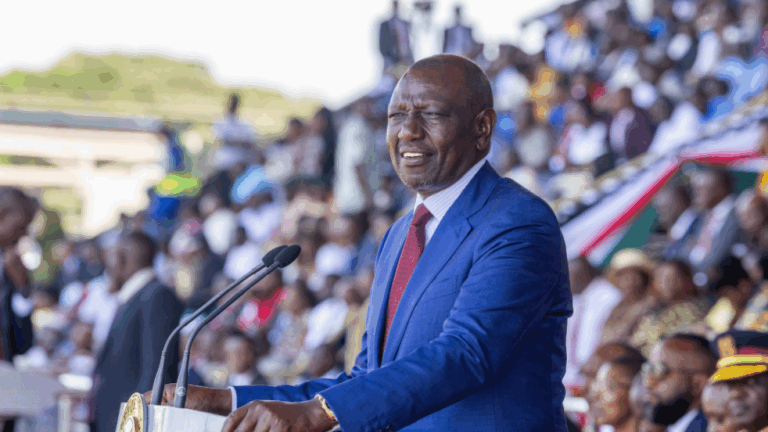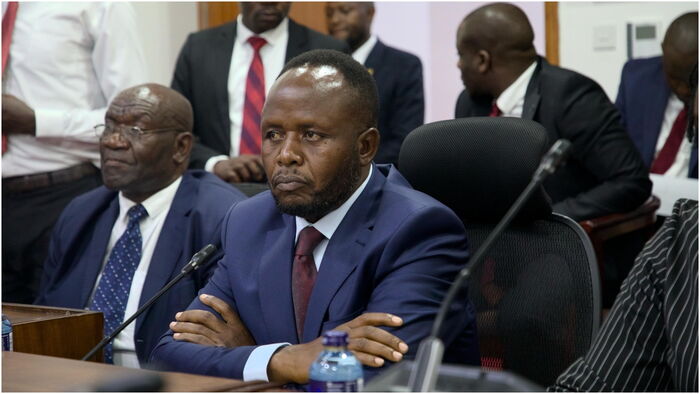
The Judicial Service Commission (JSC) has launched a high-stakes investigation into gravity-shaking bribery allegations leveled against a sitting High Court judge. The commission acted following a formal petition accusing the judge of accepting illicit payments to deliver favourable judgments, in what is now rapidly being treated as a potential breach of judicial integrity.
What Sparks the Probe
The petition, submitted by a complainant identified only as Captain Kungu Muigai, accuses the judge of colluding with parties in a long-standing land and loan dispute to manipulate court outcomes. According to the accusation, millions of shillings changed hands in covert transactions and consent judgments were allegedly issued under undue influence.
Muigai claims these corrupt practices stretch back decades, involving senior justices and shadowy intermediaries. Among the explosive charges are:
- Use of bribery to sway case rulings in favour of one party.
- Issuance of consent judgment documents that deviate sharply from the facts presented in evidence.
- Loss or disappearance of crucial court files tied to the case.
Whether these allegations will be proven remains uncertain, but their seriousness has forced the JSC to move beyond internal review to a full probe.
JSC Responds: Probe, But Skeptics Demand Action
The JSC has acknowledged receipt of the petition and is reviewing it under its complaints and ethics mandate. Key steps include:
- Verifying the identity and credibility of the complainant and witnesses.
- Assessing the evidentiary value of documents alleged to be tampered or missing.
- Holding sworn interviews with the accused judge and others named in the accusations.
Despite the seriousness, some legal observers caution that previous corruption claims in the judiciary have dragged on with ambiguous outcomes. Critics now urge the JSC to act faster and more transparently given the scale of damage to public confidence.
Political and Judicial Integrity Under Siege
The timing of the allegations comes when public scrutiny of the judiciary is already heightened. Kenya has seen repeated corruption scandals involving high-ranking judicial officers. This case threatens to deepen perceptions that justice can be bought and is not blind.
Key concerns now include:
- Whether the accused judge will be temporarily suspended during the investigation.
- How the judge’s pending cases will be handled in the interim—issues of fairness and backlog loom large.
- Public access to outcomes: will the JSC issue a full report at the probe’s end, or simply deliver internal conclusions?







